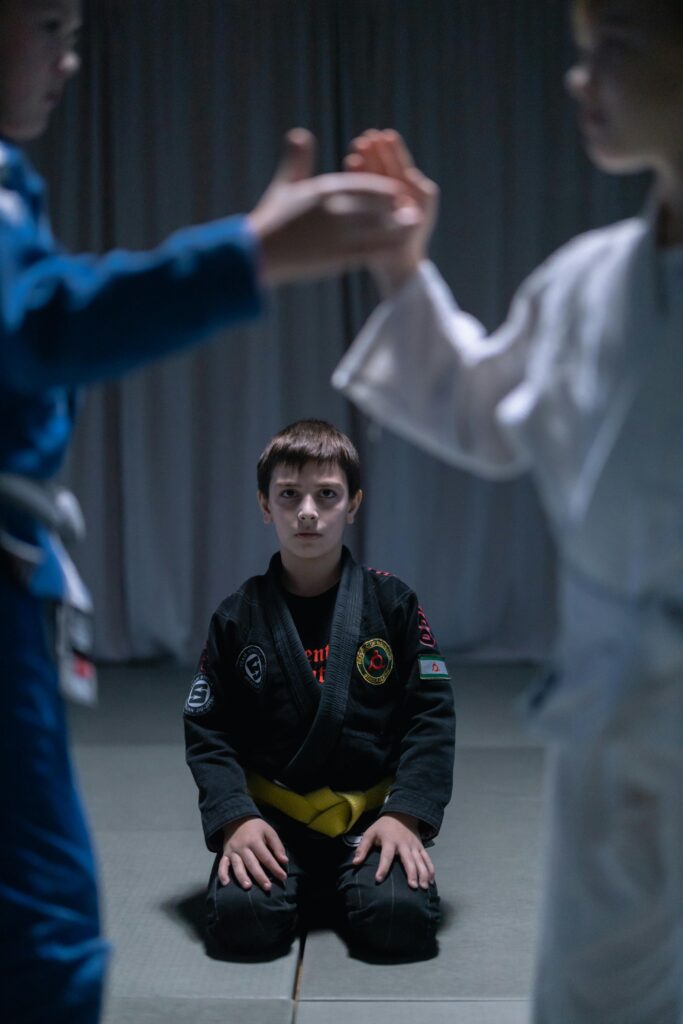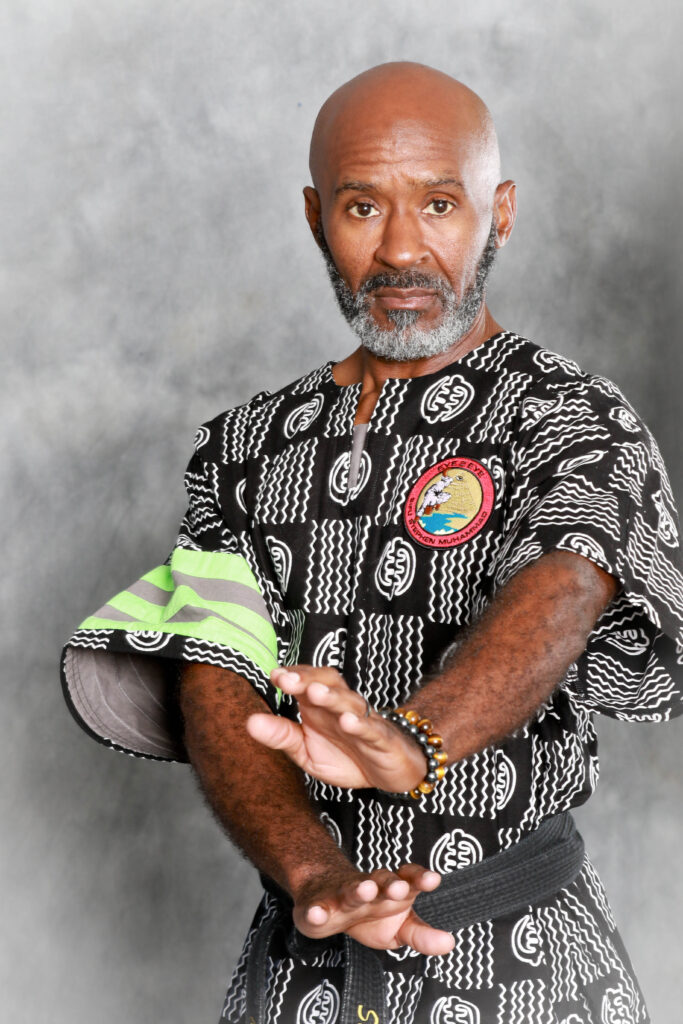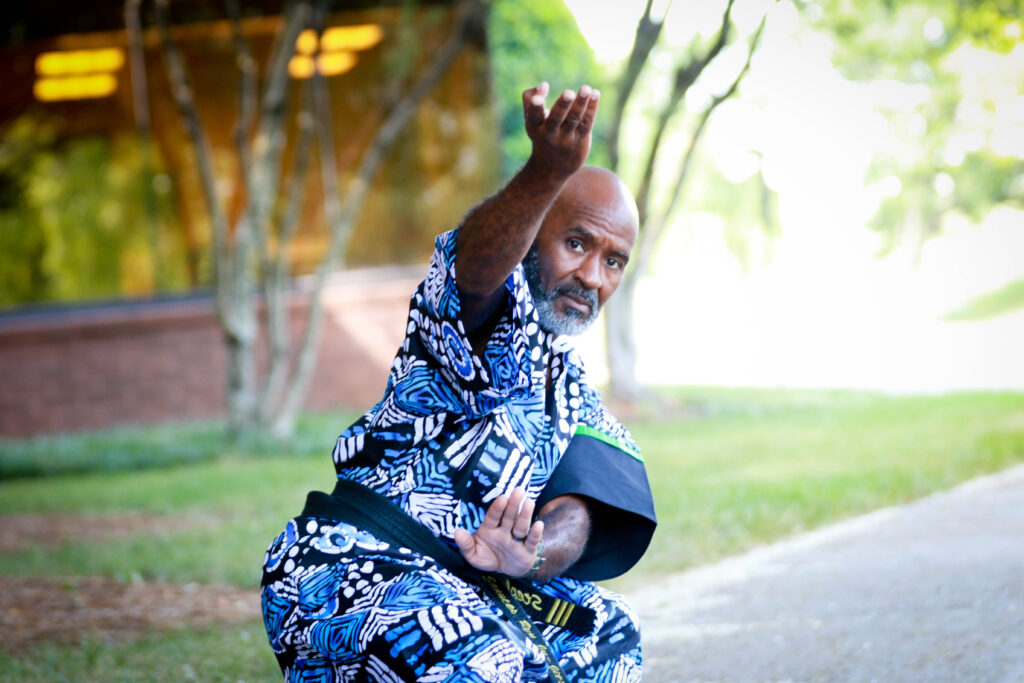We often hear about the physical benefits of martial arts—improved fitness, coordination, and self-defense skills—but it’s the emotional benefits that often have the most lasting impact.
In fact, martial arts plays a vital role in building emotional resilience in children by teaching them discipline, self-control, and self-awareness, all of which are crucial for handling life’s challenges.
In this article, I’ll walk you through how martial arts helps children develop emotional resilience. Whether you’re considering enrolling your child in a youth self-defense class or want to learn more about how activities like jiu-jitsu can benefit your child, you’ll find valuable insights to guide your decision.
What is Emotional Resilience?
Emotional resilience is the ability to bounce back from setbacks, manage stress, and adapt to changing situations. It’s about maintaining a positive outlook even when things get tough.
This skill is incredibly important for children as it lays the foundation for their mental and emotional well-being throughout life.
Some key components of emotional resilience include:
- Persistence: Staying determined in the face of difficulties.
- Emotional regulation: Managing one’s emotions in stressful situations.
- Adaptability: Being able to adjust to new circumstances with ease.
- Self-confidence: Believing in one’s own abilities.
Every child encounters obstacles—whether it’s school stress, social pressure, or even bullying. Martial arts provides a structured environment where kids learn to overcome challenges both on and off the mat.
How Martial Arts Supports Emotional Growth in Children
From my experience, martial arts training goes beyond kicks and punches. It’s about fostering a positive mindset and encouraging kids to grow emotionally.
By participating in kids’ self-defense classes or training in disciplines like jiu-jitsu at a local martial arts academy, children learn the importance of perseverance and determination.
Discipline and Focus
Martial arts training demands discipline and focus. Kids learn to listen, follow instructions, and stay focused during practice.
This kind of environment helps them build patience and the ability to concentrate, which are vital for managing emotions.
Respect and Responsibility
Every session emphasizes respect—whether it’s towards their peers, instructors, or even themselves.
Respect is foundational to martial arts, and it instills a sense of responsibility in children, encouraging them to consider their actions and their impact on others.
The Role of Instructors in Guiding Emotional Development
The role of a good martial arts instructor cannot be overstated. I’ve seen firsthand how positive mentorship shapes kids.
Instructors not only teach physical techniques but also guide children through emotional challenges they might face during training. An instructor who genuinely cares can help children understand and navigate their emotions better.
For example, when a child gets frustrated over not being able to master a move, the instructor helps them reframe their frustration as an opportunity to grow and learn. This perspective shift helps kids view challenges as stepping stones rather than roadblocks.
Peer Interactions and Emotional Intelligence
Martial arts, especially in group settings like youth self-defense classes, is a great way for kids to develop social skills. When kids train together, they learn to cooperate, support each other, and build empathy.
These interactions help them better understand the feelings of others and navigate social situations with greater emotional intelligence.
Developing Self-Control and Patience through Martial Arts
Martial arts requires kids to exercise self-control and patience—qualities that are crucial for emotional resilience.
I’ve watched kids transform from being impulsive and reactive to becoming thoughtful and measured in their responses. Martial arts teaches them to breathe, think, and respond, rather than react impulsively.
Managing Emotions in High-Pressure Situations
One of the biggest lessons kids learn in martial arts is how to manage their emotions in high-pressure situations.
Whether they’re sparring or performing a complicated move, they have to remain calm and focused. This skill translates to real-life scenarios, like handling stress during exams or conflicts at school.
Building Self-Confidence through Achievement and Growth
Confidence is another powerful outcome of martial arts training. When kids set goals—like earning a new belt or mastering a new technique—they build confidence with each achievement.
This confidence helps them approach new challenges with a positive attitude and a belief in their ability to succeed.
Setting and Achieving Personal Goals
Goal-setting is an essential part of martial arts. Kids are encouraged to set personal goals, like improving their performance in a certain technique or being more disciplined in class.
Achieving these goals boosts their confidence and teaches them the value of hard work and persistence.
Enhancing Coping Mechanisms and Stress Management
Martial arts offers a safe outlet for children to release pent-up energy and frustration. I’ve seen kids walk into class carrying the weight of school stress or peer issues and leave feeling lighter and more relaxed.
The physical activity, combined with the mental focus required in martial arts, helps them manage stress more effectively.
Using Physical Movement to Process Emotions
Physical movement in martial arts helps kids process difficult emotions like anger or sadness.
When they’re learning a new form or practicing drills, they channel their energy into something productive, which helps release tension and build resilience.
The Impact of Martial Arts on Social and Emotional Learning
Martial arts doesn’t just build emotional resilience—it also enhances social and emotional learning (SEL) skills. Kids who train in martial arts often develop a better sense of empathy, communication, and conflict resolution.
Empathy and Respect
During partner drills, kids learn to be mindful of their partner’s comfort and safety. This teaches them empathy and respect for others. They also learn to recognize when their partner is struggling and how to offer encouragement and support.
Conflict Resolution
Martial arts teaches children to resolve conflicts peacefully. Instead of resorting to aggression, they learn techniques for de-escalating situations and handling disagreements calmly and respectfully.
Choosing the Right Martial Arts School for Emotional Growth
When choosing a martial arts school for your child, look for one that prioritizes emotional well-being along with physical training. Check if the school offers a supportive environment where your child can grow emotionally.
- Observe a few classes to see how instructors interact with students.
- Talk to the instructors about their approach to emotional development.
- Make sure the school emphasizes values like respect, discipline, and patience.
- Consider programs like Brazilian jiu-jitsu, which is known for fostering problem-solving and adaptability.
See Your Child Grow and Flourish Emotionally with Eye2Eye Combat’s Programs
At Eye2Eye Combat, we understand that building emotional resilience in children is just as important as teaching them self-defense techniques.
Our programs are designed to foster emotional growth, self-discipline, and confidence in a supportive, engaging environment. If you want your child to learn how to handle life’s challenges with strength and grace, Eye2Eye is the place to be.
From youth self-defense classes to adult programs, we’ve got something for everyone. Visit us and discover how our unique approach can help your child grow not just physically, but emotionally as well.
FAQs
1. How does martial arts training build confidence in children?
Martial arts training helps build confidence by giving kids clear goals to achieve, such as mastering new techniques or earning a higher belt rank. Every milestone they reach reinforces their belief in their abilities. This newfound confidence extends beyond the dojo, empowering children to tackle challenges in other areas of their lives with greater self-assurance.
2. Can martial arts help children manage their emotions?
Yes, martial arts is excellent for teaching kids emotional regulation. Through structured training and high-pressure situations, children learn to stay calm and composed. The practice encourages mindfulness, helping them recognize their feelings and respond thoughtfully rather than react impulsively. This skill is invaluable for handling frustration, anxiety, or anger.
3. Is martial arts suitable for children with social anxiety?
Absolutely! Martial arts fosters a supportive community where children can build social skills in a non-judgmental environment. Activities like partner drills and group exercises encourage cooperation and communication, making it easier for kids to connect with others and overcome social anxiety. The sense of camaraderie and shared progress helps them feel accepted and valued.
4. What are the benefits of martial arts for children who struggle with self-discipline?
Martial arts instills discipline and self-control by requiring children to follow rules, respect instructors, and maintain focus. This structured environment helps them learn to regulate their behavior and manage impulses. These lessons in discipline can translate to better decision-making and improved behavior in other settings, such as at home or school.
5. Can martial arts prevent bullying?
Yes, martial arts can be a powerful tool in preventing bullying. It equips children with confidence and self-defense skills, empowering them to assert their boundaries and stand up for themselves. Additionally, the respect and empathy taught through martial arts discourage aggressive behavior and promote a culture of mutual respect and inclusion.
6. How does martial arts help children develop resilience?
Martial arts teaches children to view setbacks as opportunities for growth rather than failures. By facing and overcoming challenges in training, they learn to persist even when things are tough. This mindset fosters resilience, enabling kids to bounce back from difficulties and handle adversity more effectively.
7. What makes martial arts different from other sports for emotional development?
Martial arts uniquely combines physical training with mental discipline, creating a holistic approach to emotional development. It emphasizes mindfulness, emotional regulation, and respect, which aren’t always central to other sports. This focus on internal growth helps children develop not just physically, but also mentally and emotionally, making martial arts particularly effective for building emotional resilience.
8. What social skills can children develop through martial arts training?
Martial arts helps children develop a variety of social skills, including communication, cooperation, and empathy. By working with partners and engaging in group activities, they learn how to interact respectfully and support each other. Martial arts also promotes teamwork and leadership, as kids take turns leading exercises or offering encouragement to peers. These social interactions are crucial for building relationships and enhancing emotional intelligence.





